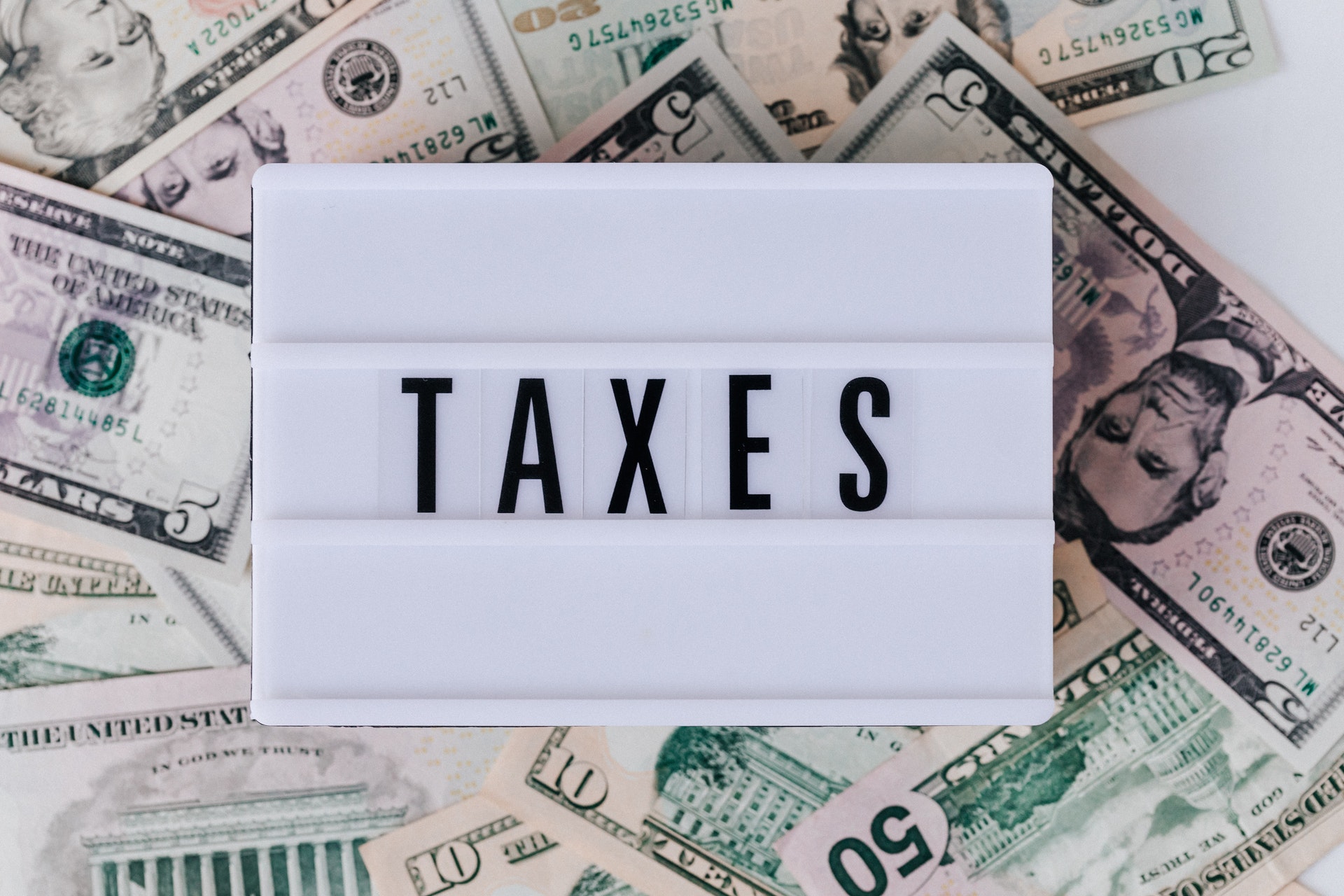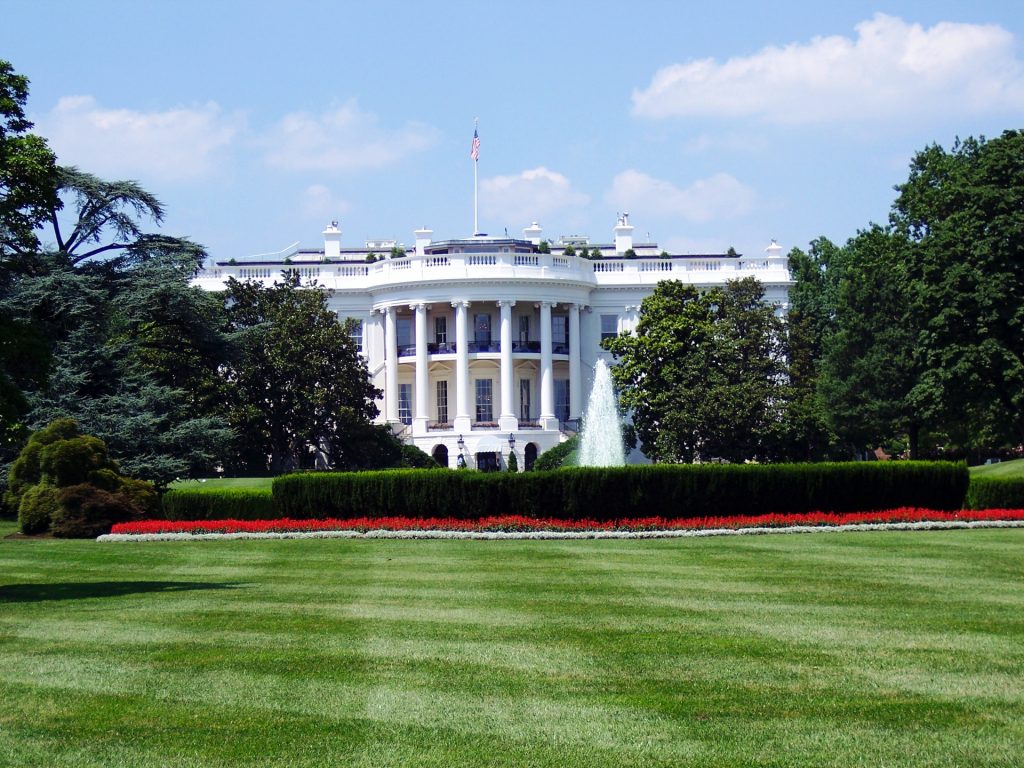Have you ever wondered if you should change your investments leading up to an election? Ever thought, “if (fill in the blank) gets elected, the market is going to crash”?
First, let me tell you that you’re not alone. I’ve heard this question and others like it quite a bit recently, and it’s not surprising.
There is a lot of uncertainty right now, and uncertainty leads to fear. Fear can lead to making bad financial decisions.
Elections Don’t Matter?
Do elections matter? No. Well, for long-term investing purposes the answer is no. I’m not going to go off on a philosophical discussion on whether elections matter. That’s not my area of expertise. I will however dive into why they don’t matter for long-term investing.
How can I confidently say no, elections do not matter? Well, a lot of historical data backs up that claim.
- Since 1928, the S&P 500® Index has been positive 74% of the time during election years.
- The average annual returns of the S&P 500® Index during every election year since 1928 is 7.1%.
- Since 1928, the three years after every election year have a positive average annual return in the S&P 500® Index.
- Post-election average annual returns since 1928 in the S&P 500® Index are as follows:
- Year 1 – 5.8%
- Year 2 – 4.5%
- Year 3 – 13.7%
October Surprise?
The most surprising thing to me when researching this came when looking at the volatility leading up to and after an election. Volatility, in a nutshell, is how much the price of something fluctuates over a period of time. The more it fluctuates (goes up and down), the more volatile it is and vice versa.
I would have thought the market would have been more volatile leading up to and shortly after an election. I was wrong. Since January of 1964, the S&P 500® Index has been a little over 12% more volatile during non-election times than the 100 days before or 100 days after a presidential election.

Since January 1, 1964:
- S&P 500® Index (annualized volatility) – 15.7%
- 100 before a presidential election – 13.8%
- 100 after a presidential election – 13.8%
So what does this mean for you? What should you be thinking about, if anything, as it relates to your financial picture during election season?
These are great questions. For starters, remember past performance is not an indication of future performance. Next, if you do not have a financial plan in place, the following advice will be significantly harder to follow.
So What Does This Mean For You?
Do nothing. That’s right, when it comes to your investment portfolio, don’t make any changes based on what could happen in this presidential election (or any similar event for that matter).
Hopefully, that gives you a small sense of relief and can relieve a burden in what’s likely to be the most stressful year most of us have experienced in a long time. This also means you’re going to have to do something that’s really hard to do.
Nothing.
That seems counter-intuitive, but it’s true. Often the hardest thing to do is nothing. When there is so much noise on the news, social media, and in everyday conversations, it’s very hard not to feel like you need to do something. This is where having a financial plan makes your life and this decision easier.
Not having a plan makes this significantly more difficult. If you don’t know where you’re heading or haven’t taken the time to sit down with someone to talk about what truly matters, then it’s much easier to get caught up in performance and comparison. These traps lead to frustration and disappointment all too often.
What Should You Be Thinking About Then?
There are some things that come with elections that can have an impact on your financial plan and are worth paying attention to. The most important, in my opinion, is taxes.

This is another time where having a financial plan and someone you’ve partnered with to guide you is helpful. Most likely your financial planner or financial advisor will be following this closely. They will have an idea of what the proposals are and what the potential implications could be for your plan.
If you’re working with a planner or advisor, your best bet is to sit tight and not do anything. Ideally, you will have a conversation with them before the end of the year to discuss your plan and whether or not there are any opportunities for you or potential changes that will impact your situation.
If you don’t have a planner or advisor, I still think your best bet is to sit tight and not make any rash decisions. I would spend your time learning as much as you can about each candidate’s tax plans and how they could potentially impact you in the future.
After the election, I would look for opportunities to use that knowledge to make some wise decisions on what you can do for the short-term but also the long-term based on the information you’ve learned.
Honestly, if you don’t have a financial planner or advisor and you’re in a high tax bracket, I would recommend finding someone to help you. At least, schedule a meeting with your CPA.
Where To Find Help
There are many different types of advisors in the marketplace. You can find someone to help you who charges an hourly rate, a flat fee for advice, or an annual retainer if you don’t want to be sold something or feel like you’re attached to them. I think you will be surprised by how much value can be added if you find a good one.
A little word of advice, do your homework before making a decision. Almost anyone can call themselves a financial advisor these days regardless of their credentials.

I would recommend interviewing a few people. Ask them about their credentials, how long they’ve been in business, and how they’re compensated.
I would also recommend looking for someone with the CFP® designation. Having the designation is not a guarantee they will be great, but it does ensure that they have done an extensive amount of study covering all of the topics in financial planning and have been tested on their knowledge. It is a good starting point. Click this link to find a qualified CFP® professional in your area.
Honestly, just go find someone who is competent and you can trust. You will be glad you did years down the road.
Our team would love to be a resource for you and your family, but understand we may not be the right fit for everyone. If you would like to connect with us, schedule a free consultation.


